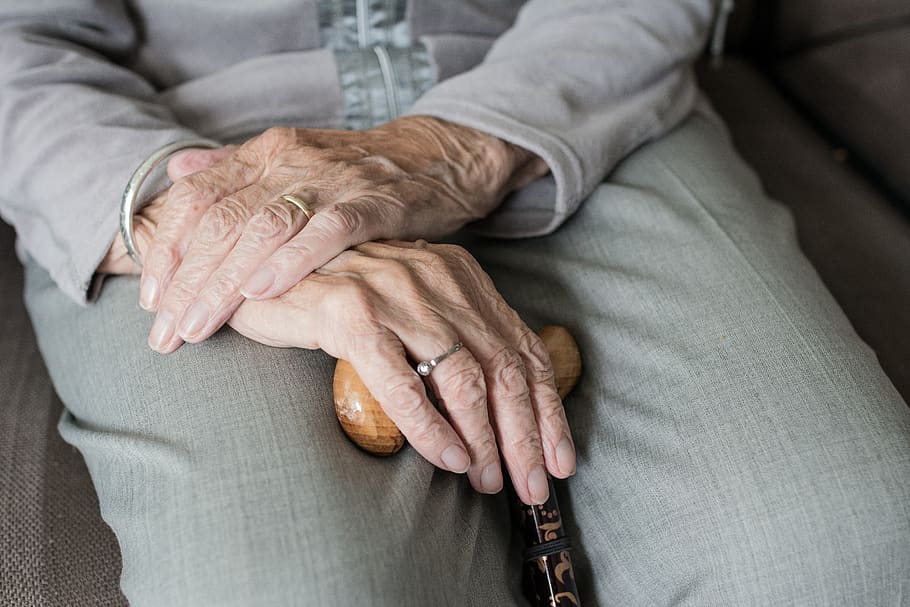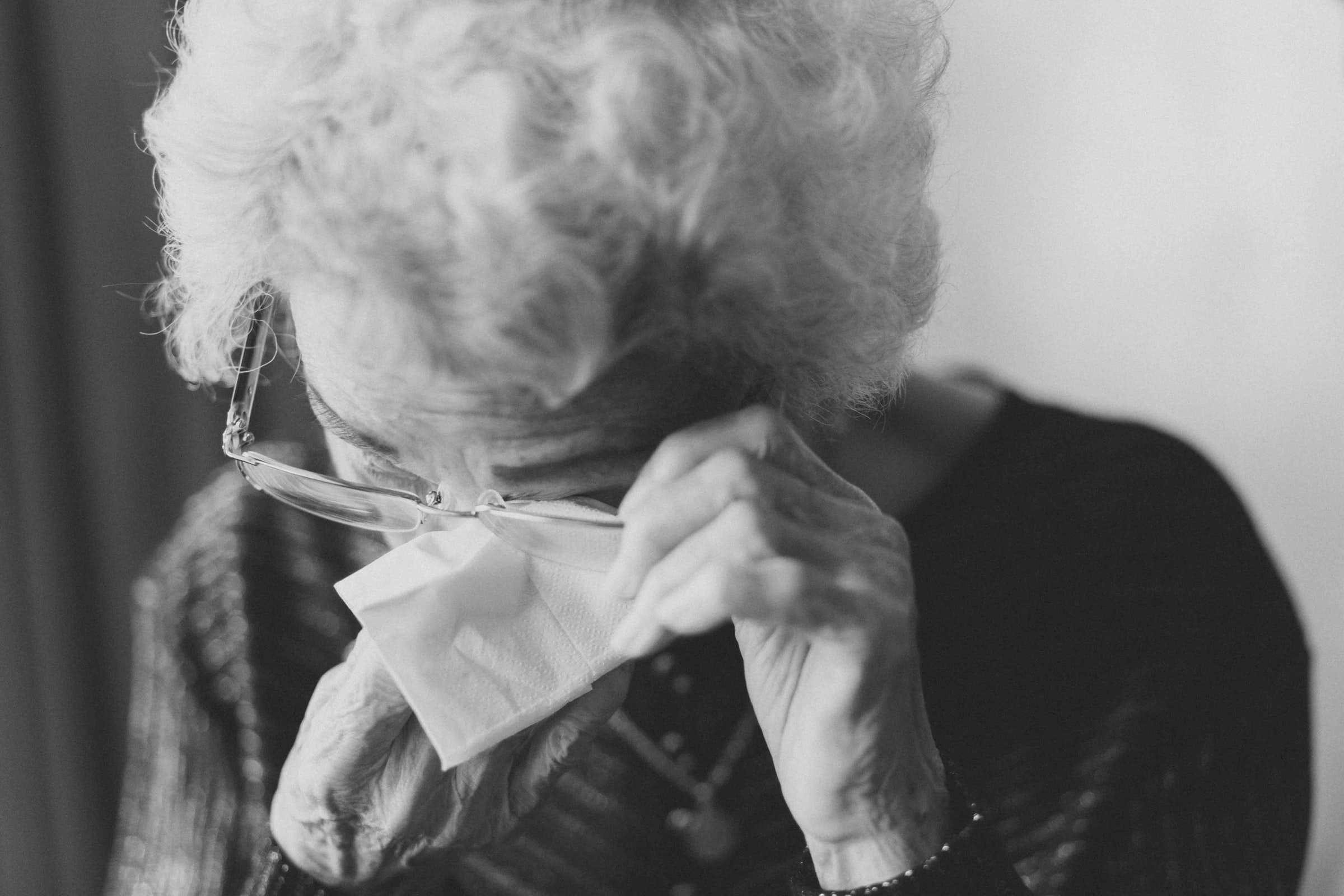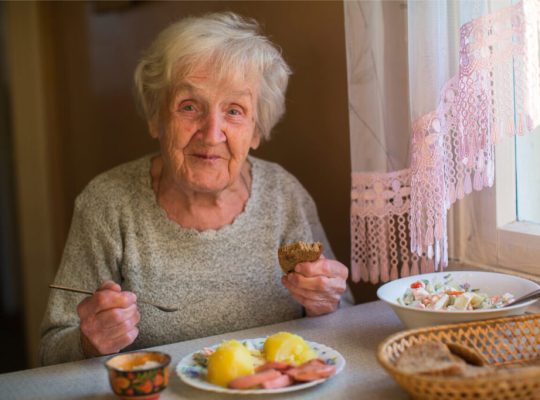Home Care: How Does It Work
Summary
– Home Care: Who is involved?
– The structures for home care
– Where to go for home care?
– Home care: how does it work?
– For which types of care?
– Price of home care
Elderly, disabled or ill people want to stay at home as long as possible, thus delaying being placed in a specialized institution. This is how home care contributes to keeping frail people at home. Let’s see clearer below.
Home care: who is concerned?
Home care allows the vulnerable person to stay at home as long as possible to maintain their habits and reference points. It can also facilitate the patient’s return home after hospitalization.
The purpose of home care is for
– the elderly;
– disabled people;
– home hospitalization for people with long-term illnesses.
The structures for home care
There are 3 structures for home care:
– Hospitalization at home, which provides medical and paramedical care in the patient’s home. They are often more complex and more frequent than the routine care provided at the patient’s home.
– Home Nursing Service:
◦ provides nursing and hygiene care to the elderly, disabled or chronically ill;
◦ this service offers specific assistance for vulnerable people to accomplish the gestures of daily life.
– The Nursing Care Center: the public is concerned by this structure. These are solely nursing acts that can occur at the patient’s home or in a care center.
This home care often complements other aids to maintain the fragile person at home:
– the housekeeper or the home help;
– the sick guard;
– technological means: teleassistance.
Who should I contact to benefit from this care?
It is preferable to seek advice from your attending physician, who will have established the medical prescription.
However, a social worker at a hospital or company can also help you with various administrative procedures.
The town hall is an additional asset. It can put you in contact with a Local Information and Coordination Centre, which will direct you to home help associations in your area.
Home care: how does it work?

In the first instance, the vulnerable person (patient) expresses the wish for home care to be able to stay at home. The relatives also take an active part in this care.
In all cases, home care is only provided on medical prescription:
– The doctor establishes a request for coverage that will be sent to the health insurance.
– Once accepted, the care can start.
When prescribing home care, the attending physician specifies the nature, duration, and rhythm of the home care interventions.
– The medical prescription can be renewed as many times as necessary.
For what types of care?
Nurses or care assistants provide the following types of care:
– medical surveillance;
– injections (shots), dressings;
– assistance with hygiene care (help with washing, prevention of bedsores)
– medical care (physiotherapy, pedicure).
Price of home care
Home care is covered at 100% by health insurance only on medical prescriptions.
– Physiotherapy fees are often paid on a fee-for-service basis and are not included in the home care service package.
– Physicians’ fees, other health care providers’ fees, and medication purchases are reimbursed under typical health insurance conditions.
The people who can benefit from this care are
– people over 60 years of age who are ill or in a situation of loss of autonomy;
– people under 60 years of age suffering from a handicap, a chronic pathology or an affection requiring a long and expensive treatment.
Hope this post has been informative to you. Please, do not hesitate to share your experience in the comments below.








[…] Home Care: How Does It Work; […]
[…] Home Care: How Does It Work; […]